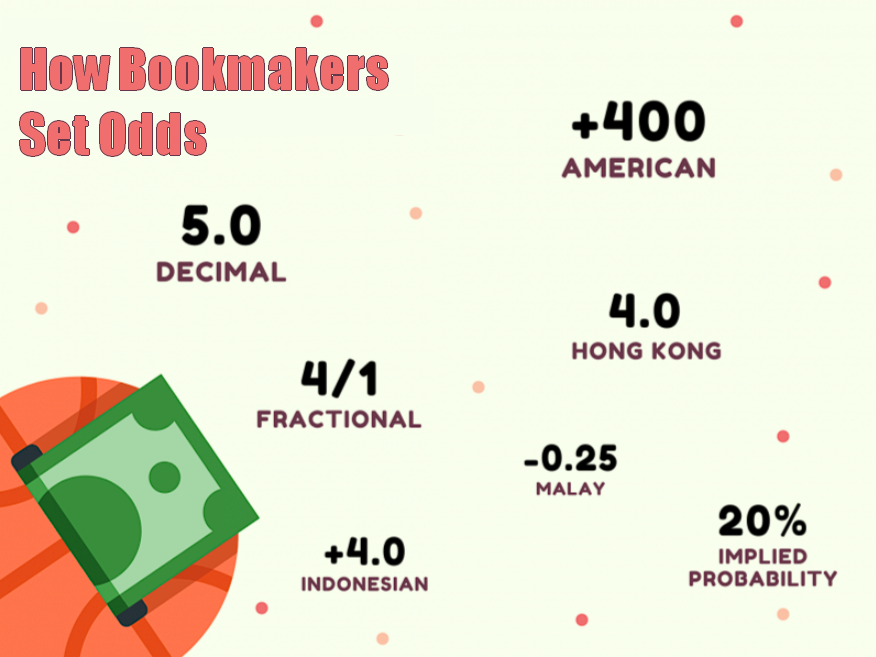In the world of online betting, licensing and regulation play a crucial role in ensuring the integrity, security, and fairness of betting platforms. These measures protect bettors from fraudulent activities and ensure that bookmakers operate within legal and ethical boundaries. This article explores the importance of licensing and regulation in the betting industry, the key regulatory bodies, and how these measures impact the betting experience for users.
The Importance of Licensing and Regulation
Licensing and regulation are essential for maintaining a safe and fair betting environment. They serve several critical purposes:
- Consumer Protection: Licensing ensures that bookmakers adhere to strict standards of consumer protection, safeguarding bettors’ funds and personal information.
- Fair Play: Regulation enforces fair play and transparency, ensuring that betting outcomes are not manipulated and that odds are accurately represented.
- Legal Compliance: Licensed bookmakers must comply with local and international laws, ensuring that their operations are legal and ethical.
Key Regulatory Bodies in the Betting Industry
Several regulatory bodies oversee the betting industry, ensuring that bookmakers comply with legal and ethical standards. Some of the most prominent regulatory bodies include:
- United Kingdom Gambling Commission (UKGC):
- The UKGC is one of the most respected regulatory bodies in the betting industry, known for its stringent standards and comprehensive oversight.
- Bookmakers licensed by the UKGC must adhere to strict guidelines regarding consumer protection, fair play, and responsible gambling.
- Malta Gaming Authority (MGA):
- The MGA is another prominent regulatory body, known for its robust framework and comprehensive licensing process.
- Bookmakers licensed by the MGA must comply with strict regulations regarding player protection, game fairness, and anti-money laundering measures.
- Curacao Gaming Control Board:
- The Curacao Gaming Control Board offers a more flexible regulatory framework, attracting many international bookmakers.
- While it provides a less stringent regulatory environment compared to the UKGC and MGA, it still ensures basic standards of fairness and consumer protection.
Benefits of Licensing from Prominent Regulatory Bodies
- Enhanced Credibility: Licensing from prominent regulatory bodies enhances the credibility and reputation of bookmakers, fostering trust among bettors.
- Consumer Confidence: Bettors can engage with licensed bookmakers with confidence, knowing that their funds and personal information are protected.
- Market Access: Licensing from recognized regulatory bodies allows bookmakers to operate in various jurisdictions, expanding their market reach.

The Licensing Process
Obtaining a license from a regulatory body involves a rigorous process designed to ensure that bookmakers meet strict standards of operation. The licensing process typically includes:
- Application Submission:
- Bookmakers must submit a comprehensive application, including detailed information about their operations, financial stability, and compliance measures.
- Background Checks:
- Regulatory bodies conduct thorough background checks on the bookmaker’s owners, management, and key personnel to ensure their suitability and integrity.
- Compliance Audits:
- Bookmakers must undergo compliance audits to ensure that their operations meet the regulatory body’s standards for consumer protection, fair play, and responsible gambling.
- Ongoing Monitoring:
- Licensed bookmakers are subject to ongoing monitoring and audits to ensure continued compliance with regulatory standards.
Challenges in the Licensing Process
- Stringent Requirements: The rigorous nature of the licensing process can be challenging and time-consuming for bookmakers.
- Operational Costs: Compliance with regulatory standards can incur significant operational costs, impacting the bookmaker’s financial performance.
- Regulatory Variations: Different regulatory bodies have varying standards and requirements, making it challenging for bookmakers to operate across multiple jurisdictions.
Responsible Gambling Initiatives
Responsible gambling initiatives are a crucial aspect of licensing and regulation, aimed at promoting safe and controlled betting practices. These initiatives include:
- Self-Exclusion Options:
- Licensed bookmakers must provide self-exclusion options, allowing bettors to voluntarily exclude themselves from betting activities for a specified period.
- This measure helps bettors manage their gambling habits and prevent problem gambling.
- Betting Limits:
- Bookmakers must implement betting limits, allowing bettors to set maximum deposit, wager, and loss limits to control their betting activities.
- These limits help bettors manage their bankroll and prevent overspending.
- Educational Resources:
- Licensed bookmakers must provide educational resources, such as guides, FAQs, and support services, to promote responsible gambling practices.
- These resources help bettors understand the risks associated with gambling and make informed decisions.
Importance of Responsible Gambling Initiatives
- Problem Gambling Prevention: Responsible gambling initiatives help prevent problem gambling by providing bettors with tools and resources to manage their betting habits.
- Consumer Protection: These initiatives enhance consumer protection by promoting safe and controlled betting practices.
- Regulatory Compliance: Adherence to responsible gambling initiatives is a key requirement for obtaining and maintaining a betting license.
The Impact of Regulation on the Betting Experience
Regulation significantly impacts the betting experience for users, enhancing safety, fairness, and overall satisfaction.
- Enhanced Security: Regulation ensures that bookmakers implement robust security measures to protect user data and financial transactions.
- Fair Play: Regulated bookmakers must adhere to strict standards of fair play, ensuring that betting outcomes are not manipulated and that odds are accurately represented.
- Consumer Confidence: Regulation fosters consumer confidence by ensuring that bookmakers operate within legal and ethical boundaries.
Conclusion
Licensing and regulation play a vital role in the betting industry, ensuring the integrity, security, and fairness of betting platforms. By adhering to strict regulatory standards, bookmakers can enhance their credibility, foster consumer confidence, and promote responsible gambling practices. Staying informed about licensing and regulation helps bettors make informed decisions and engage with betting platforms that prioritize their safety and well-being.



